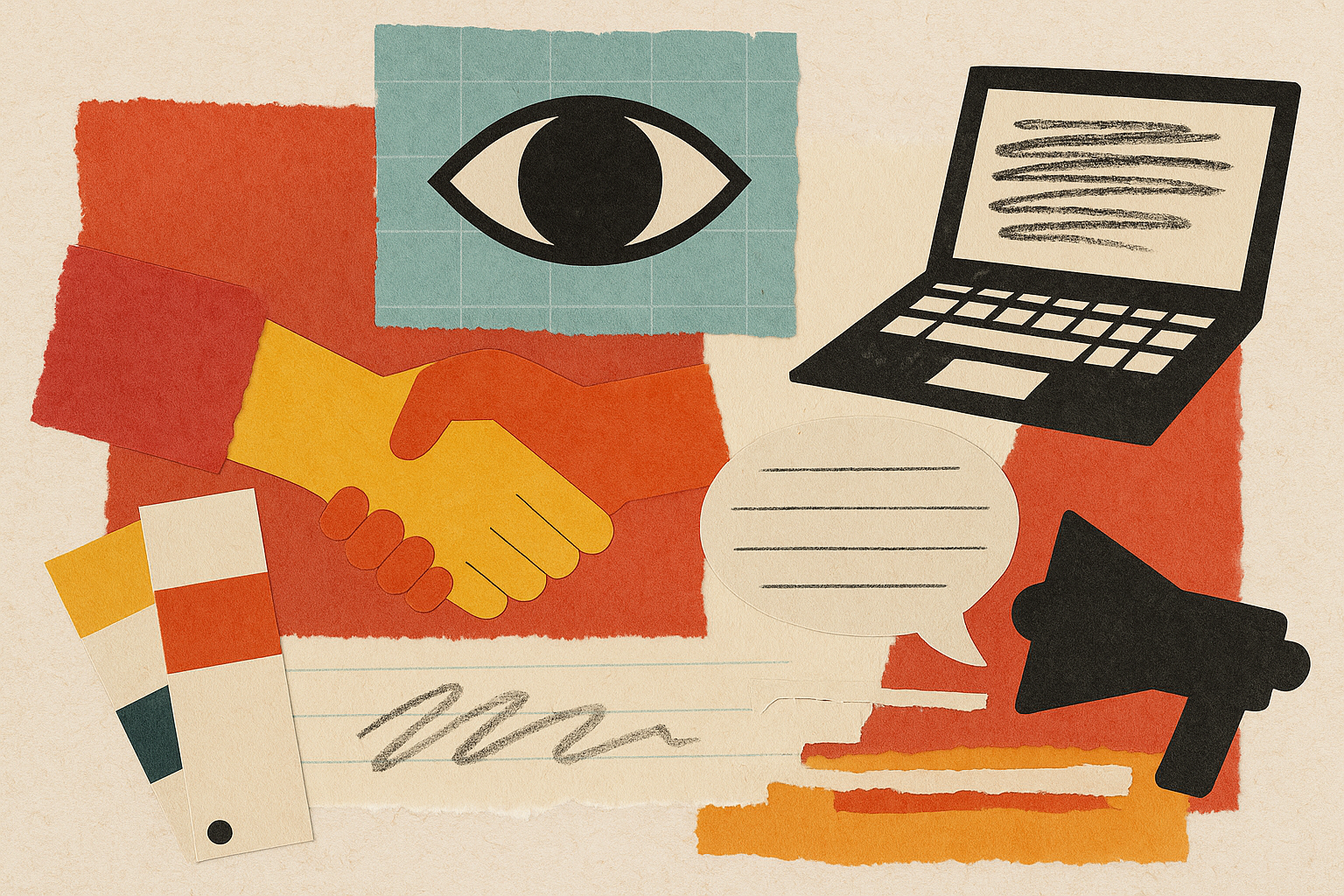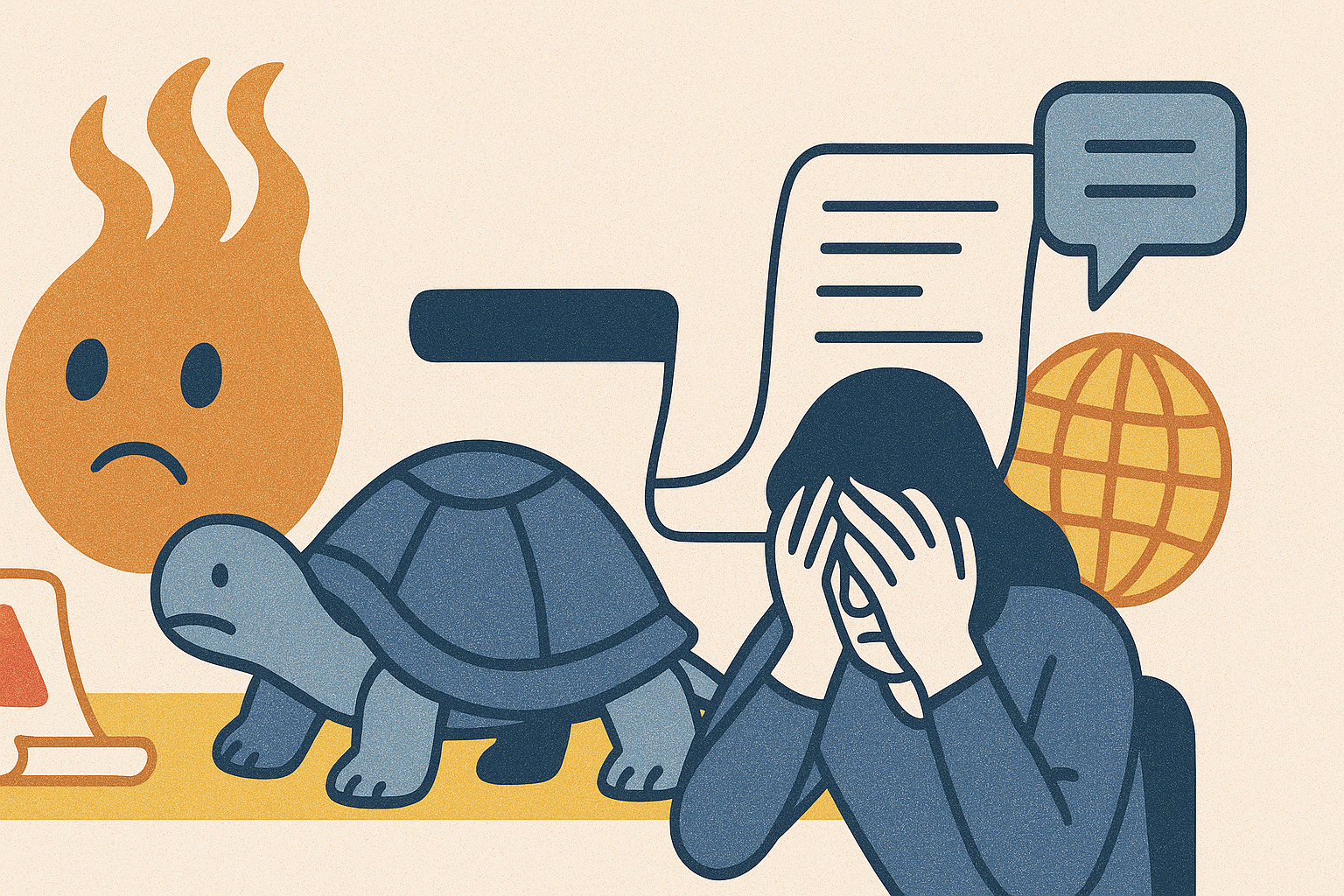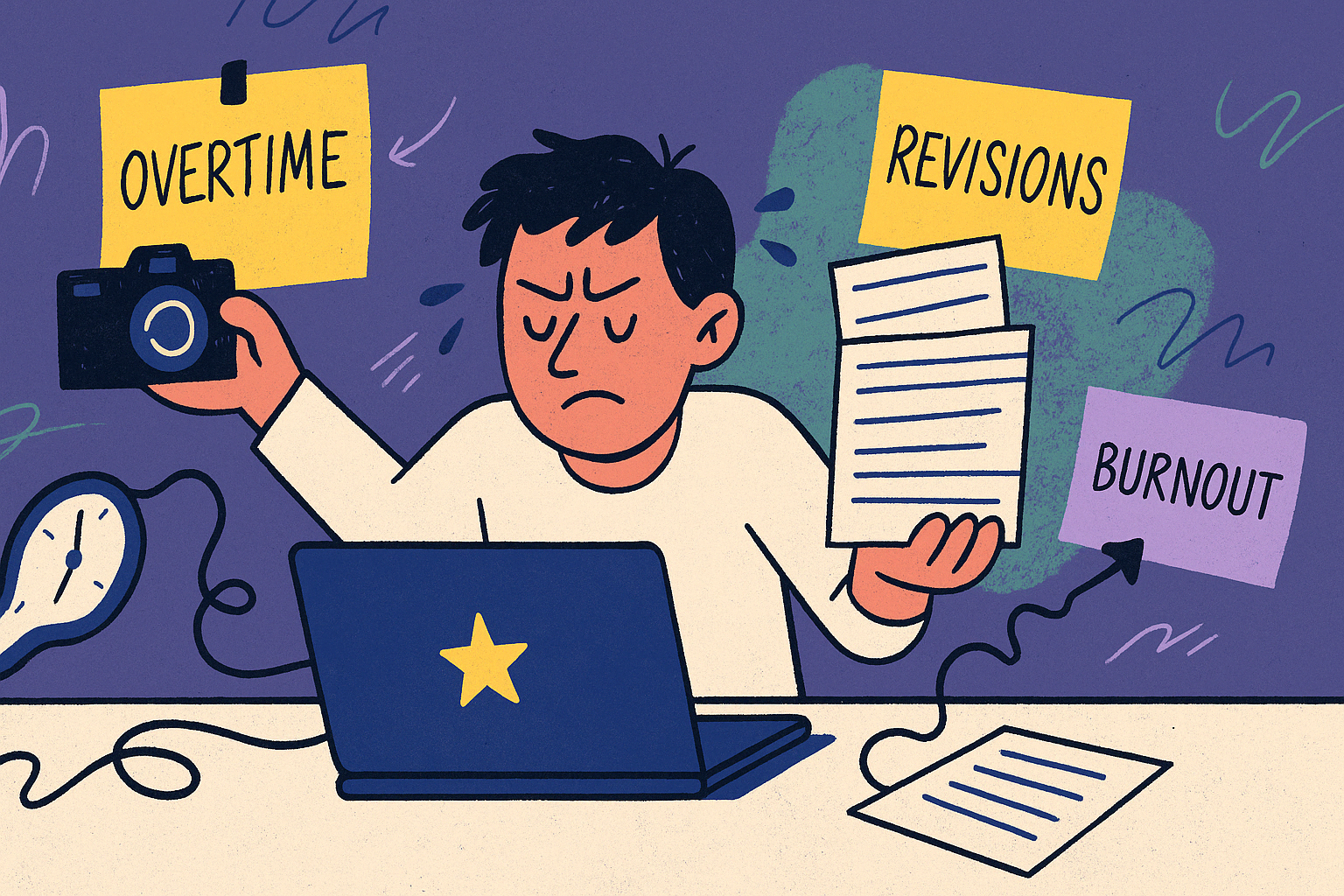Innovation is valuable to all companies and critical for long-term success. At the root of innovation lies creativity. Hiring for a marketing department or a creative agency comes with unique challenges.
Creative types frequently are a different type of hire. They are often less concerned with profitability, less rooted in executing the business end of the work they produce, and, yet more adept at generating huge ideas, concepts, and grandiose designs. Whether you’re hiring a graphic designer, video producer, animator, or copywriter, there are a few things you can screen for to make sure you’re bringing in the right type of creativity for your company.
Include a project. It isn’t easy in the creative world to assess past work and an individual’s portfolio effectively. Much of the work produced in an agency or marketing department is collaborative. Seeing finished work without context can blind or obscure an individual’s actual role in its creation. When evaluating a creative applicant, little can achieve more than seeing them execute against an assignment. This can produce a better assessment of process, creativity, problem-solving, and time management. Too many hiring managers find out after an offer is extended that a person, while creative, might have a process that takes too long, has trouble receiving feedback, or might have played a junior role in creating much of their portfolio and lacks the skills for the hired job. Assigning a project can provide a first-hand look at a creative’s technical skills, critical thinking, and aptitude for communication.
Find creatives that understand strategy. Get a creative person working on an idea, and oftentimes, it will be concepted or storyboarded before you know it. Creative output, whether it’s print, a digital ad, or a commercial, is tied to a specific business outcome. Creatives who can answer the question of “why this will work” will speed up the creative process, reduce changes after testing has begun, and can provide valuable insight in pitch or client meetings. Being able to answer the question “why?” is an imperative skill to have in today’s world where every creative output is dissected, measured, and put into a spreadsheet for Leadership to analyze effectiveness.
What are you learning? The marketing landscape changes incredibly fast. Many of the skills that were learned 5-10 years ago are now being outmoded by new technology platforms. Creative executions need to be outputted in new ways that are very current. Whether it’s website code or an animation technique, creatives need to be updating their skill sets constantly. Look for people who are devouring industry publications, who are curious about everything related to their specialty.
Additionally, what else are they doing to keep current? Do they attend conferences, perhaps, work on certifications? What are they reading? You can easily understand if a person is plodding along in their career or are driven to improve themselves by what they are pursuing and reading within their specialty.
Is this a good person? Creative positions are often given some latitude for personality quirkiness due to the nature of the work. This is a mistake. Creative work is highly collaborative. Many a creative team suffers from having one or two difficult personalities that slow down progress, make working together challenging, and reduce the overall quality of the work. If you struggle to answer the question, “Is this a good person, then they shouldn’t be on your team. Many people think goodness doesn’t have a place at work. This is antiquated thinking. You should know that all hires are kind, that they care about others. If everyone on your team is a good person, your business outcomes will benefit.



